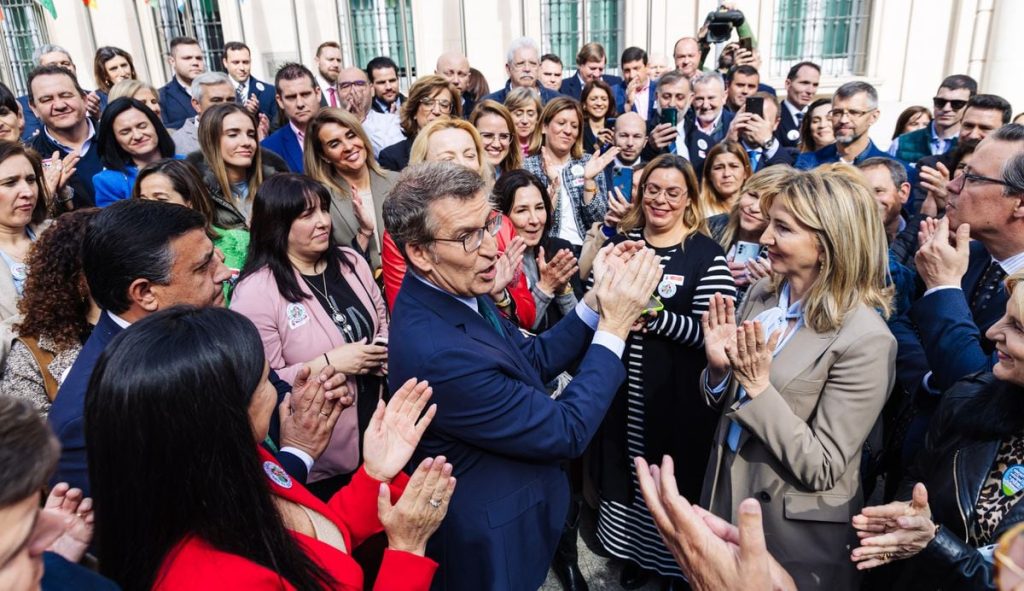Senators in the Spanish upper house expressed their concern over the hostile atmosphere that has taken hold in the chamber. Many described the behavior as “tavern-like” or “a show,” with several referring to it as a “circus.” Even Fernando Carbonell of Vox, a party known for calling the Prime Minister a “tyrant” and “criminal,” criticized fellow parliamentarians for taking advantage of their immunity to engage in insults. The tension continued to build as the PP erupted in protests when the socialist Alfonso Moscoso mentioned the former friendship between opposition leader Alberto Núñez Feijóo and a well-known drug smuggler. The responses from both sides only escalated the confrontation, with insults being traded back and forth.
The morning session at the Senate was marked by discord, with the PP once again using their majority to attack the government. After previously reprimanding the Minister of the Interior, Fernando Grande-Marlaska, the focus now turned to Prime Minister Sánchez and the Minister of the Presidency and Justice, Félix Bolaños. The atmosphere in the chamber was highly charged, with tensions running high as debates continued for three hours. The discussions eventually reached a new low when the topic of threats to the press by Miguel Ángel Rodríguez, chief of staff for the president of Madrid, was brought up. The PP’s dominance in the Senate allowed them to push forward with their agenda, leading to further polarisation and confrontation.
The controversy stemmed from a remark made by Sánchez during a heated session in March, where he criticized Feijóo for his alleged ties to a drug trafficker. Despite the initial lack of attention given to the comment, the PP later capitalized on it, bringing 300 local councilors to Madrid and staging a demonstration against Sánchez outside the Senate building. This orchestrated show of force culminated in a symbolic reprimand of the President, with the PP using their majority to pass a motion condemning his words. The sudden escalation of the situation caught many off guard, with the PP citing Sánchez’s remarks as evidence of his disrespect for municipal authorities.
Criticism of Sánchez’s remarks was widespread among his political allies, who called for him to apologize for his comments. However, they also condemned the PP for using their control of the Senate to pursue their own agenda at the expense of constructive debate. The contentious atmosphere extended beyond party lines, with various senators from different factions decrying the spectacle unfolding in the chamber. Despite calls for civility and respect, the confrontational tone of the debates persisted, with each side accusing the other of engaging in divisive tactics.
The PP’s strategy of reprimanding government officials in the Senate met with mixed reactions, with some questioning the effectiveness of such tactics. The ongoing battles within the chamber reflected wider tensions in Spanish politics, with the ruling party and its allies using every opportunity to challenge the government’s authority. The refusal to condemn threats against the press highlighted the divisive nature of the debates, with both sides digging in their heels and refusing to back down. As the political climate in Spain remains highly charged, the future of constructive dialogue and cooperation in the Senate looks uncertain, with partisan interests dominating the agenda.














